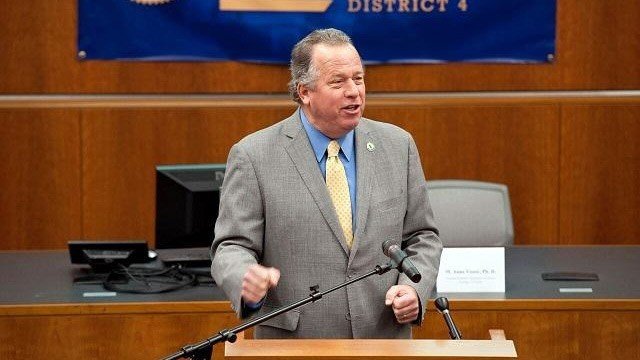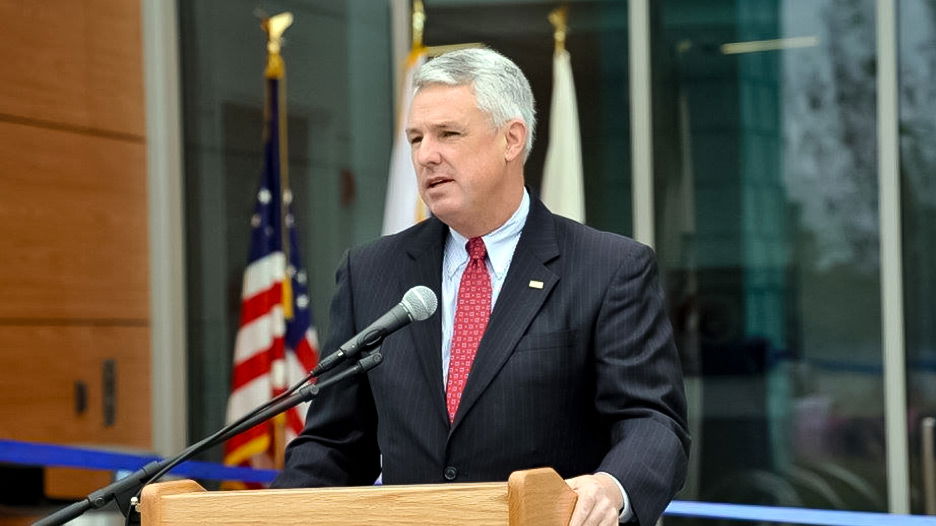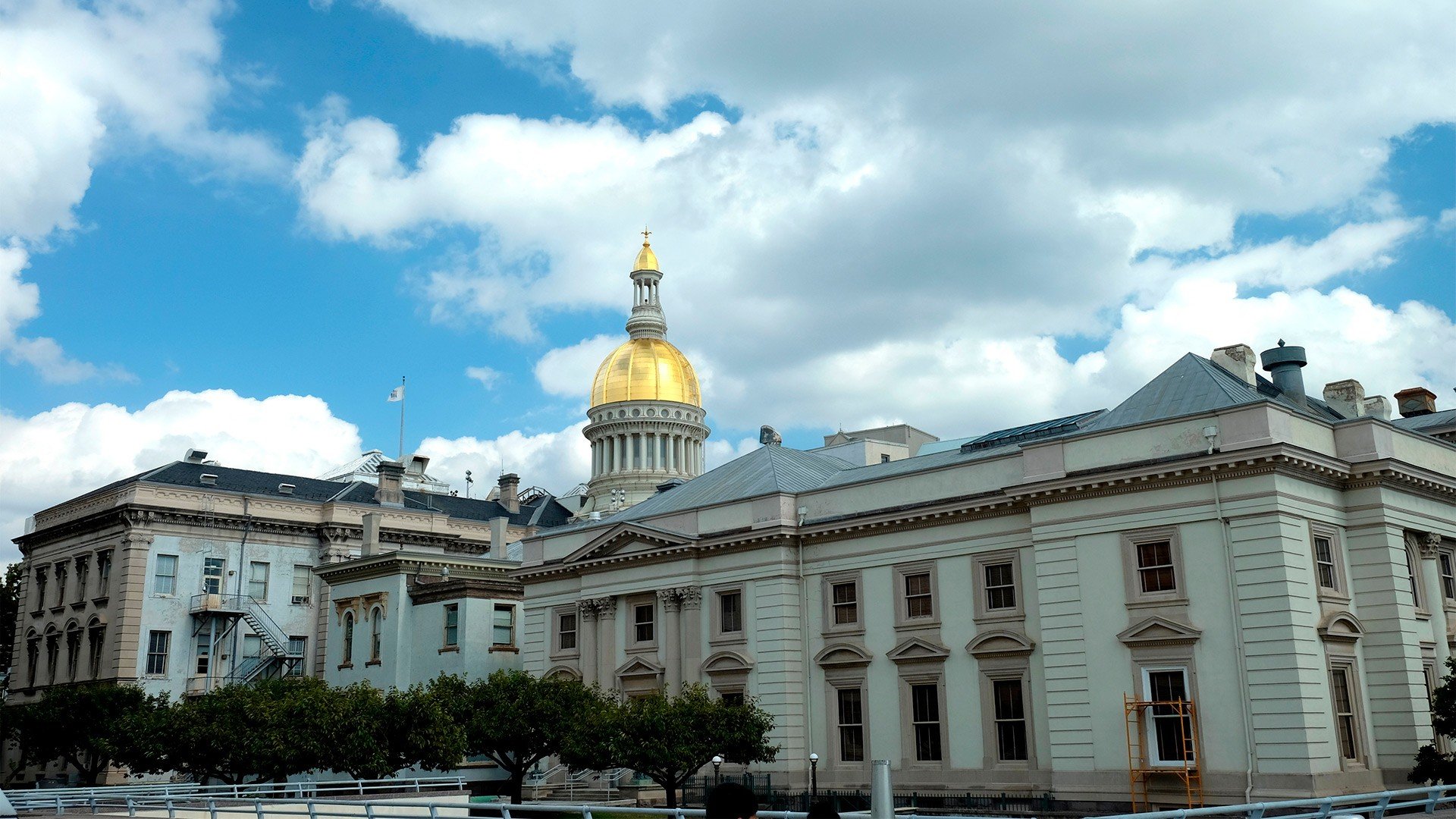California sports betting bill removed from scheduled vote

Legislation meant to support a regulated sports betting market in California was removed from Tuesday’s scheduled vote by its own creator, state senator Bill Dodd.
He has been the state’s most vocal supporter for the new industry, and he had hoped that his most recent proposal, bill SCA 6, would garner the support it needed to make online and mobile sports betting accessible to the state’s residents.
California is the state with the largest financial upside if regulated sports betting was introduced, with a projected $1.5 billion in total revenue generated and estimated $195 million via imposed taxes, Forbes reports. With experts hinting that the upcoming budget release could see the state facing a $54 billion deficit, it remains hard to believe that legislators have left this stone unturned.
The bill was to be included in Tuesday, July 1st’s vote by the state’s Senate Appropriations Committee Tuesday, and it would need to advance through both legislative branches by the Thursday deadline to earn it’s place on the November ballot. Its sudden removal now means that advocates could be looking at years instead of months before sportsbooks can legally operate in the Golden State.
Naturally, the coronavirus pandemic played a part in the setback, as Senator Dodd pointed to legislative deadlines that just couldn’t be met in his push for approval. Noting that the bill itself remained incomplete, Dodd was aware that the proposal was sure to face stiff opposition and felt it best to return to the drawing board and eye the 2022 ballot instead.
“It got the finish it deserved,” stated tribal lobbyist David Quintana, who represents the biggest obstacle faced by gaming proponents.
Quintana used concise and harsh words when describing the current proposal, stating that “It was a bad bill, written without tribal input, with virtually no time remaining on the clock.”
Native tribes have long held the exclusive gambling rights in the Golden State, and aside from a few racetracks and private cardrooms, tribal casinos are meant to be the only locations offering any legal form of gambling.
It is the existence of these cardrooms that have created a deep rift between tribal leaders and local legislators who have failed to put an end to a practice that tribes claim infringe on their legal rights. Calls to shut down these cardrooms have fallen on deaf ears, and tribal leaders have formed developed little trust in dealing with legislators.
Legislators have allowed private cardrooms to operate thanks to a legal loophole that allows them to take bets and wagers as long as they rely on a third party hold rather than house money.
Where saw this as a slap in the face, the decision to submit a legal proposal on the future of sports betting in the state without giving them a seat at the table was like a punch in the gut.
Dodds bill did stipulate that sports betting would be made possible through tribal casinos and racetracks, both in-person and online. However, it did little to mention cardrooms or the legal language that the state has leaned on with their argument in their favor.
With so much money on the table, tribes are convinced that it would take little for others to twist the loose language in their favor and find a way cut tribal casinos out of the equation.
Feeling that their desires have been largely ignored, tribal leaders had taken to drafting their own proposal. Their plan had received a total of 950,000 supporting signatures, just shy of the 1 million required for an initiative to be placed on a ballot, but state shutdowns in response to the COVID-19 situations saw them come up just short.
A legal request has already been made to keep the signatures valid through the following 2022 deadline, which would likely see them reach their target.
















































